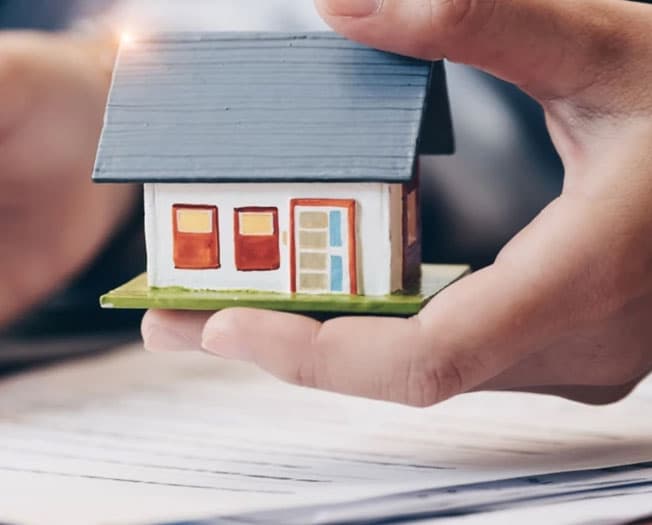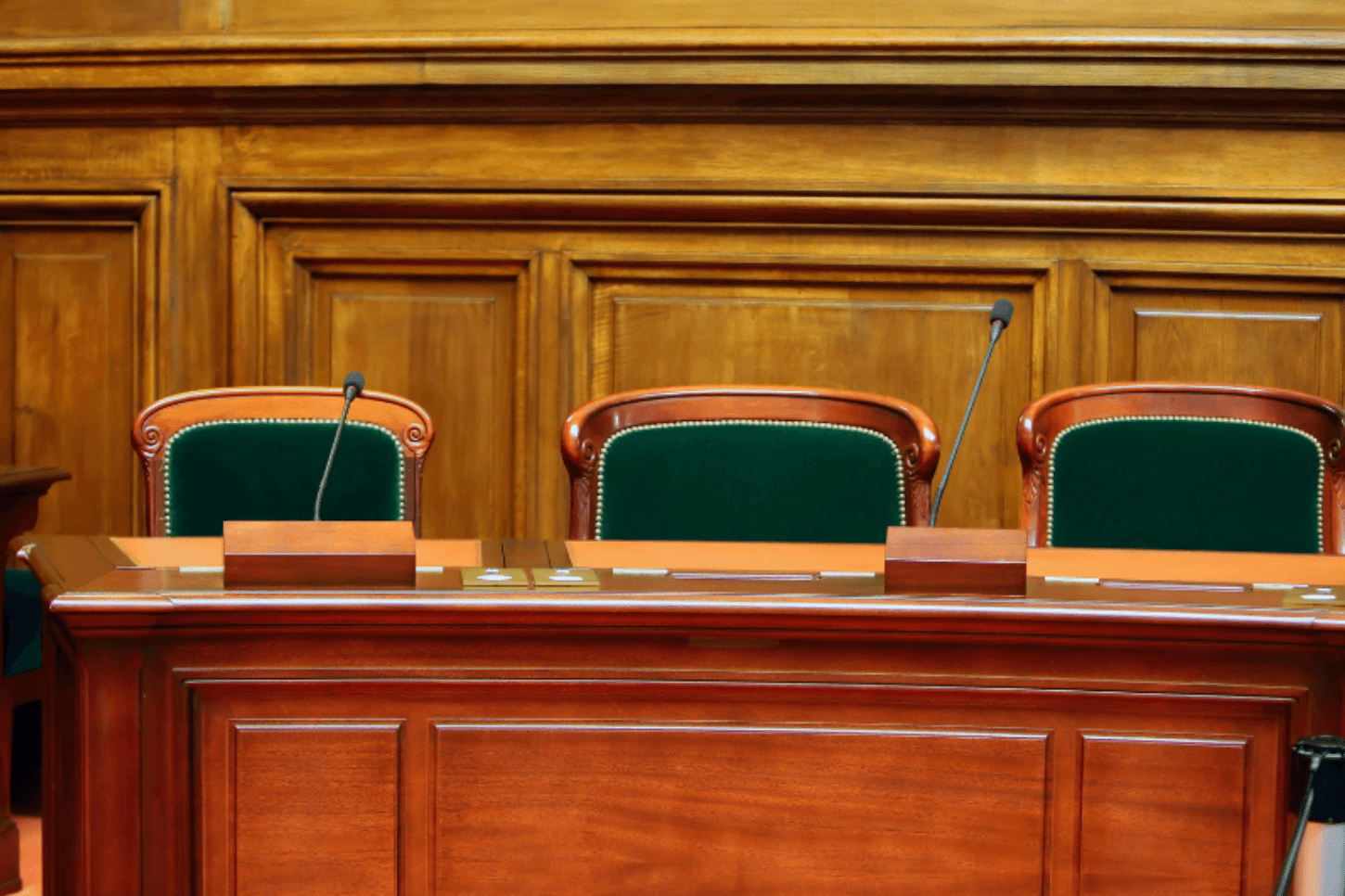
The Dubai Princess and Domestic Abuse
1st March 2021
Domestic abuse and isolation have been at the forefront of the news at many points during this pandemic. Recently, one of the most high profile and highly reported cases has been that of Princess Latifa. Princess Latifa has released a number of videos disclosing that she is being confined in a villa in Dubai by her father, Sheikh Mohammed bin Rashid Al Maktoum, the Prime Minister and President of the UAE. This story brings attention to a number of issues, including Human Rights abuse, abduction, domestic abuse, criminal and international law. Her story highlights that domestic abuse can occur between family members as well as intimate partners.
This worrying abuse inflicted by her father was previously disclosed in 2020 when a judgement from the Royal Courts of Justice in London revealed details of the Sheikh’s abuse and treatment of his daughters, including Princess Latifa . The judge found that Princess Haya bint Al Hussein, one of the Sheikh’s wives had been intimidated and Princess Latifa as well as one of her sister, Princess Shamsa, had been abducted and imprisoned.
The government of the UAE, conversely to Princess Latifa’s videos, have said she is safe and in the care of her family and medical professionals. But it has been months since Princess Latifa’s friends have heard from her. Often, abusers isolate and distance their victims from their friends and family and Princess Latifa being imprisoned, in what she describes herself as a prison, is a clear description of abuse through isolation and controlling behaviour.
This worrying story highlights the reality of abuse and controlling behaviour that can be inflicted by family members as well as partners. Figures have shown domestic abuse will affect 1 in 4 women and 1 in 6 men in their lifetime. The figures are startling, and the National Domestic Abuse Helpline saw a 34% increase in contacts and calls from April to December 2020 compared to the previous year .
Domestic abuse or violence importantly is defined not only as occurring between partners but can be threatening, controlling or coercive behaviour between family members . As lockdown continues in England and Wales and domestic abuse cases continue to rise there are services that are available that can support victims, if you are or know of a victim of domestic abuse please contact one of the services below. Domestic abuse is a criminal offence and there are protective measures that can be taken to protect victims.
Services that are available
- Refuges, who can provide temporary accommodation for women and children fleeing abuse.
- IDVAs (Independent Domestic Violence Advocates) who provide guidance to women. If your case has been referred to a ‘MARAC’ you will likely have an IDVA who supports you.
- Drop-in services, many charities provide regular drop-ins where you can talk to a worker without making an appointment.
- You can call the National Domestic Abuse Helpline on 0808 2000 247 or chat live on https://www.nationaldahelpline.org.uk/Chat-to-us-online.
- From the 14th January you can ask for ‘ANI’ at any participating pharmacy across the UK, the pharmacy worker will understand this codeword (Action Needed Immediately) and offer a private space to speak to the police or access support services. Click here for more information https://www.gov.uk/government/news/pharmacies-launch-codeword-scheme-to-offer-lifeline-to-domestic-abuse-victims.
- And in an emergency, please call 999.
- If you cannot speak and you have dialled 999, the Silent Solution is a police system used to help people who are unable to speak, but need police assistance. After you call if you to press 55 you will be put through to police call management.
You should seek advice as soon as is possible whether you are applicant or respondent in these proceedings. Legal aid is available as applicant and respondent.




